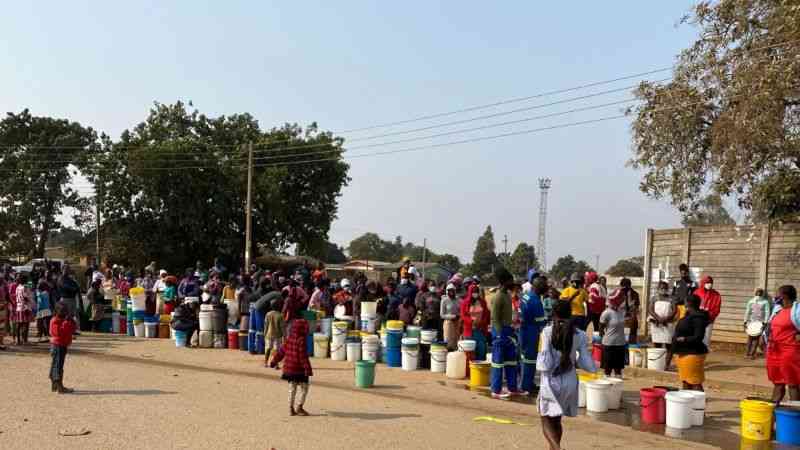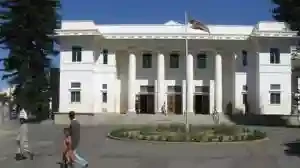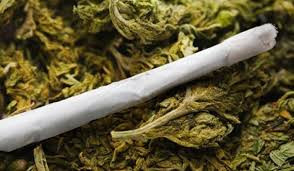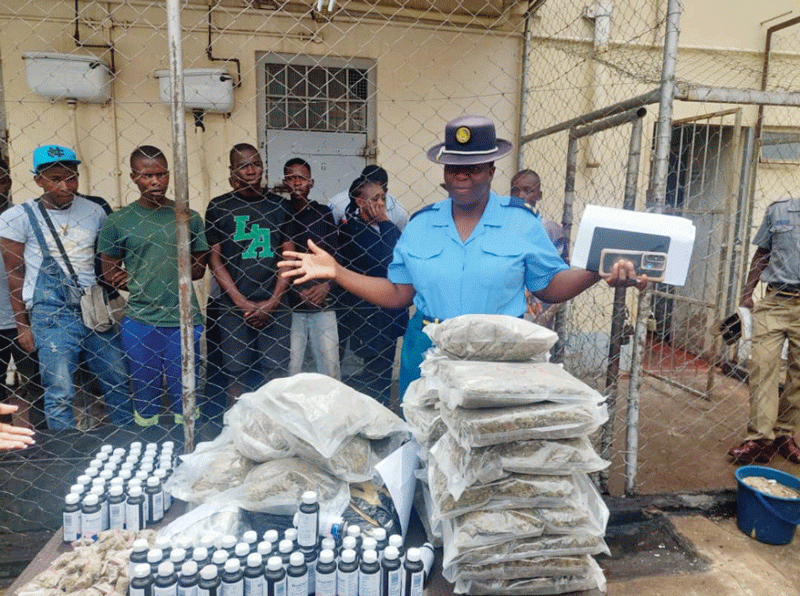
NETHERLANDS-BASED humanitarian organisation, WaterWorx has stepped in to ease Bulawayo’s water woes after it provided US$336 000 for the drilling of additional boreholes and fixing leakages to ensure the city receives sustainable water supplies.
WaterWorx is a joint venture project run by 10 Dutch water companies to provide 80 million people across the world with sustainable access to safe drinking water and improved sanitation.
In an interview yesterday, Bulawayo City Council’s water and sanitation director Skhumbuzo Ncube told Southern Eye that the project would focus on the exploration of groundwater, drilling of boreholes and reticulation of water due to centralised storage.
“The aim would be to purify and distribute underground water to the city’s existing network. The other component of the project will focus on reducing physical water losses at the largest water storage reservoir, the Magwegwe reservoir, including major structural repairs and improving water scarcity,” Ncube said.
He said the service reservoir repairs would increase both the holding capacity of the Magwegwe ground reservoir, which is currently leaking at the level of 15ft (80% holding capacity) before reaching full supply level of 18ft (100%) and supply pressure in the distribution network.
“By reducing water lost, more water is made available for consumption, enhancing the adaptive capacity of water systems to cope with the impacts of climate change, such as more frequent and severe droughts as well as water shortages,” Ncube said.
He said the repairs to the service reservoir would result in a reduction of the duration of the intermittent water supplies to vulnerable communities around the reservoir and those in high-lying areas.
“Due to the effects of climate change, which were being largely felt in the water and sanitation services, the City of Bulawayo is exploring alternative water sources such as groundwater,” Ncube said.
- Depleting dam levels trigger Byo water crisis
- Dutch NGO steps in to ease Byo water woes
Keep Reading
“Due to climate change, the city is exploring alternative water supplies such as groundwater as the surface water source capacity is extensively reduced due to climate variability [the reduced intensity and duration of rainfall over the past decades].”
The City of Bulawayo is facing a water crisis, with dam levels dropping sharply with each passing day due to low rainfall as a result of the El Niño-induced drought.
The current drought has forced council to enforce a 120-hour water shedding schedule to ensure the city doesn’t run dry.









